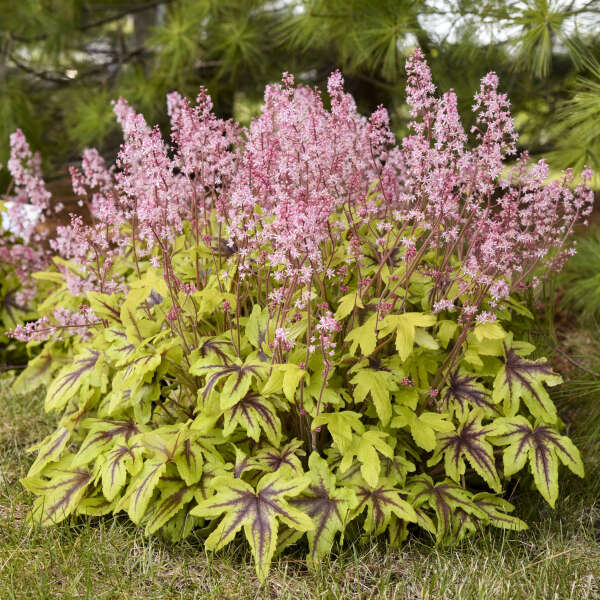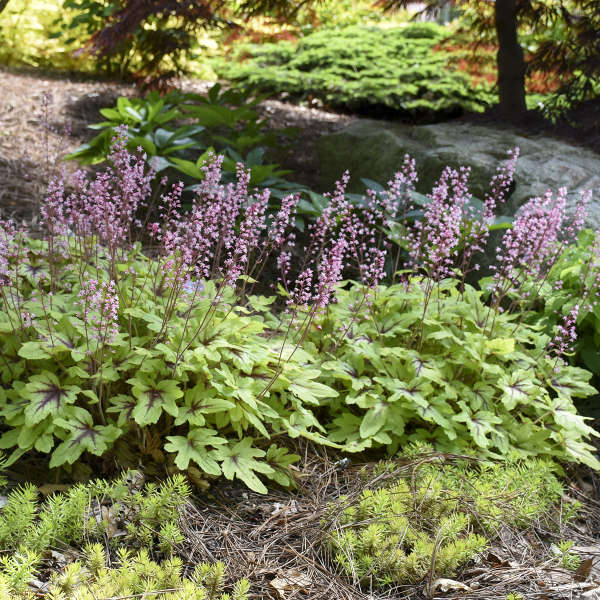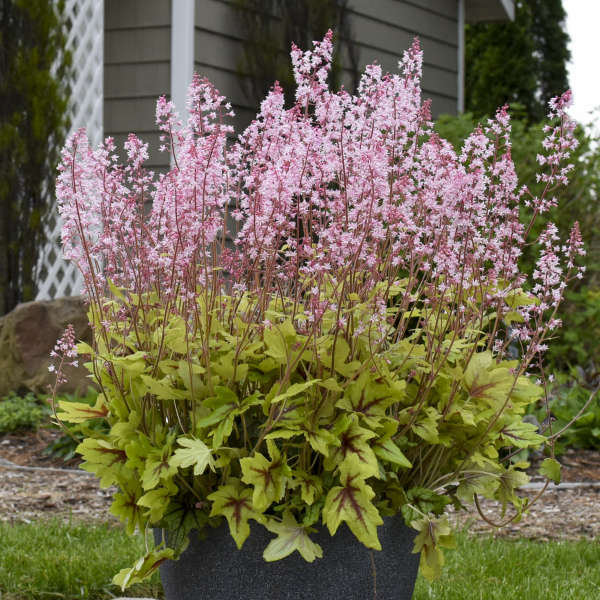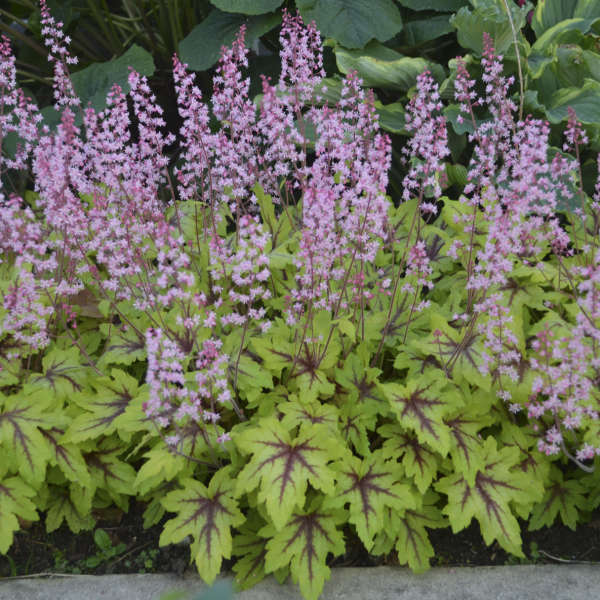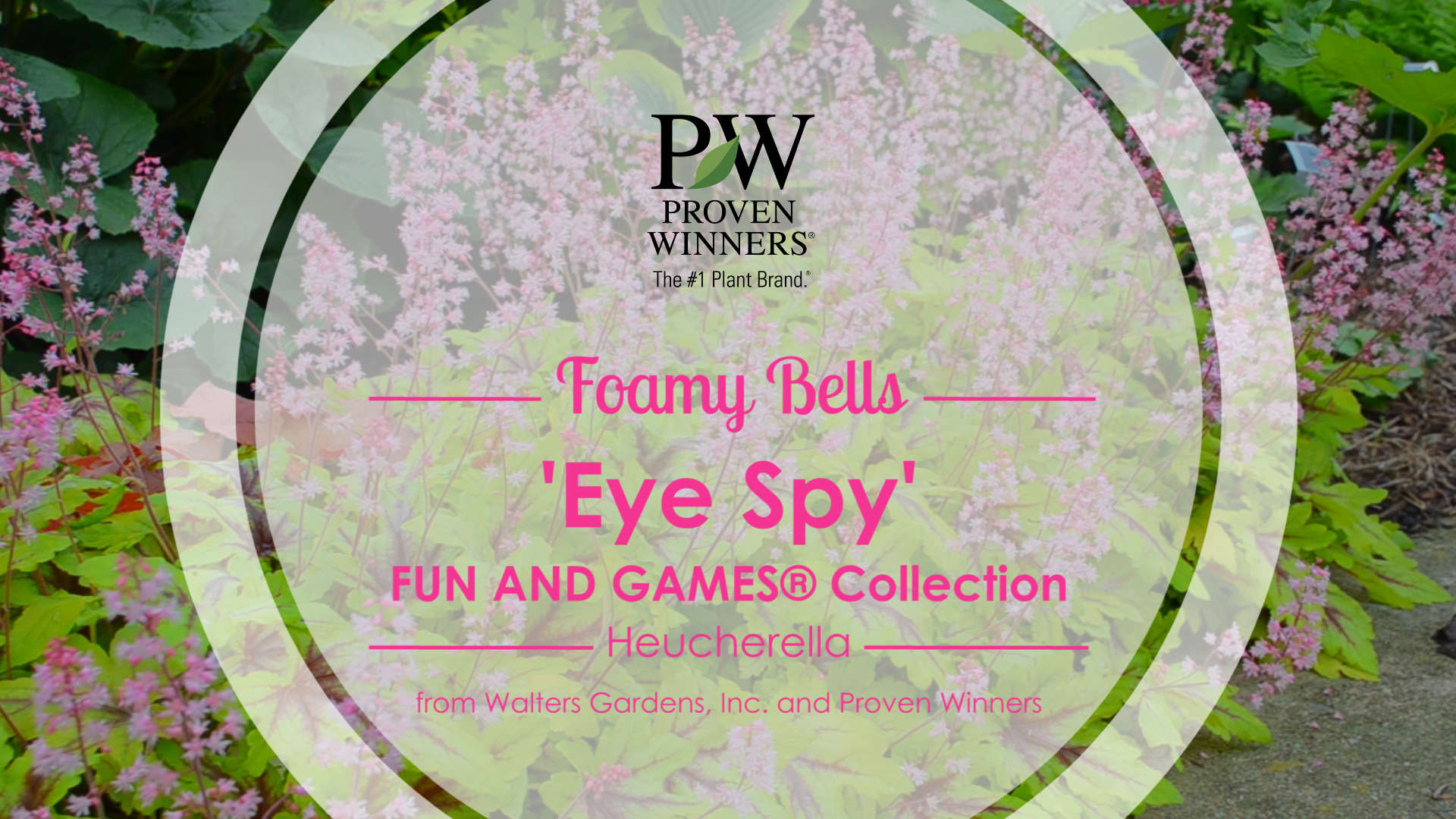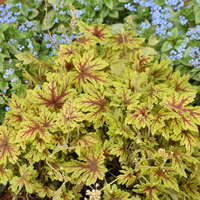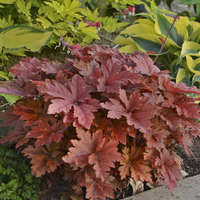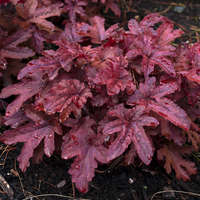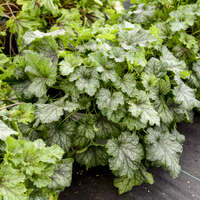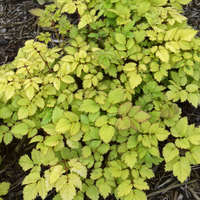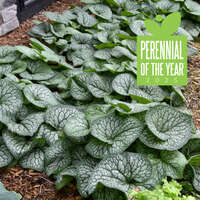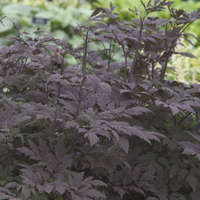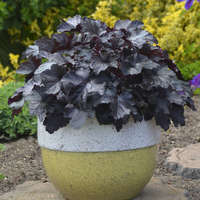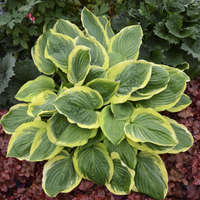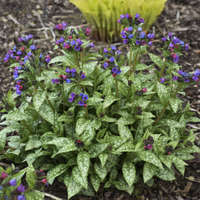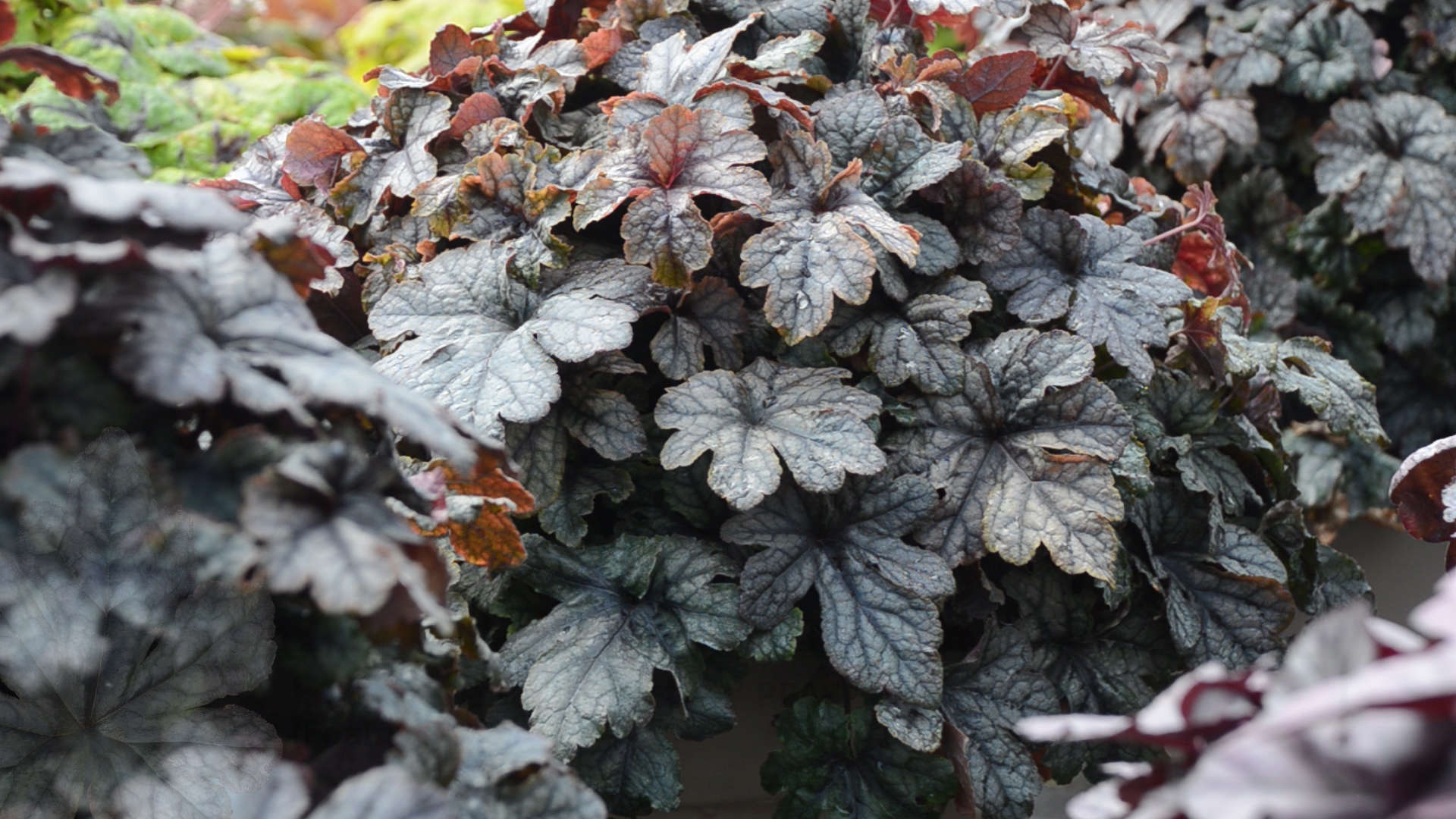Heucherella 'Eye Spy' PP30532 CPBR6260
FUN AND GAMES® Collection


Common Name: Foamy Bells
Heucherella are traditionally grown for their foliage; 'Eye Spy' bucks that trend by also having spectacular flowering performance. In the garden, bubblegum pink flowers appear in spring and bloom for many weeks. Growers will appreciate that in production this plant blooms without vernalization, although flowering performance will benefit from a cold treatment. In spring, large, dissected leaves emerge amber yellow with deep rose centers that vein up toward the edges of the leaves. As temperatures increase, the leaves mellow to bright chartreuse green with a silver overlay, forming a low mound of foliage that is evergreen in most climates. Perfect for brightening up the shade garden!
Heucherella is a hybrid genus produced from a cross between Heuchera and Tiarella. From Heuchera they gain the many different foliage colors and textures, while Tiarella add deeper leaf lobes and serration, as well as their signature central leaf blotching. Heucherella are sterile hybrids, and so typically have longer bloom seasons than either of their parents.
72ct Plug Tray |
